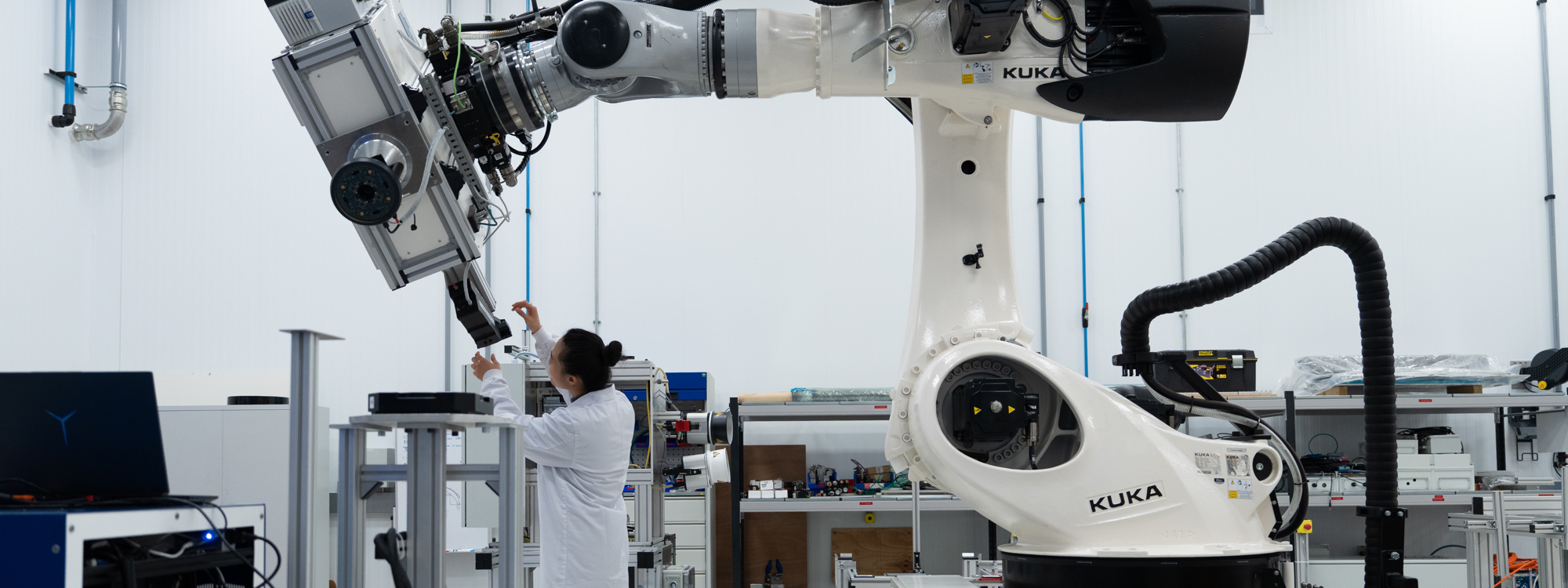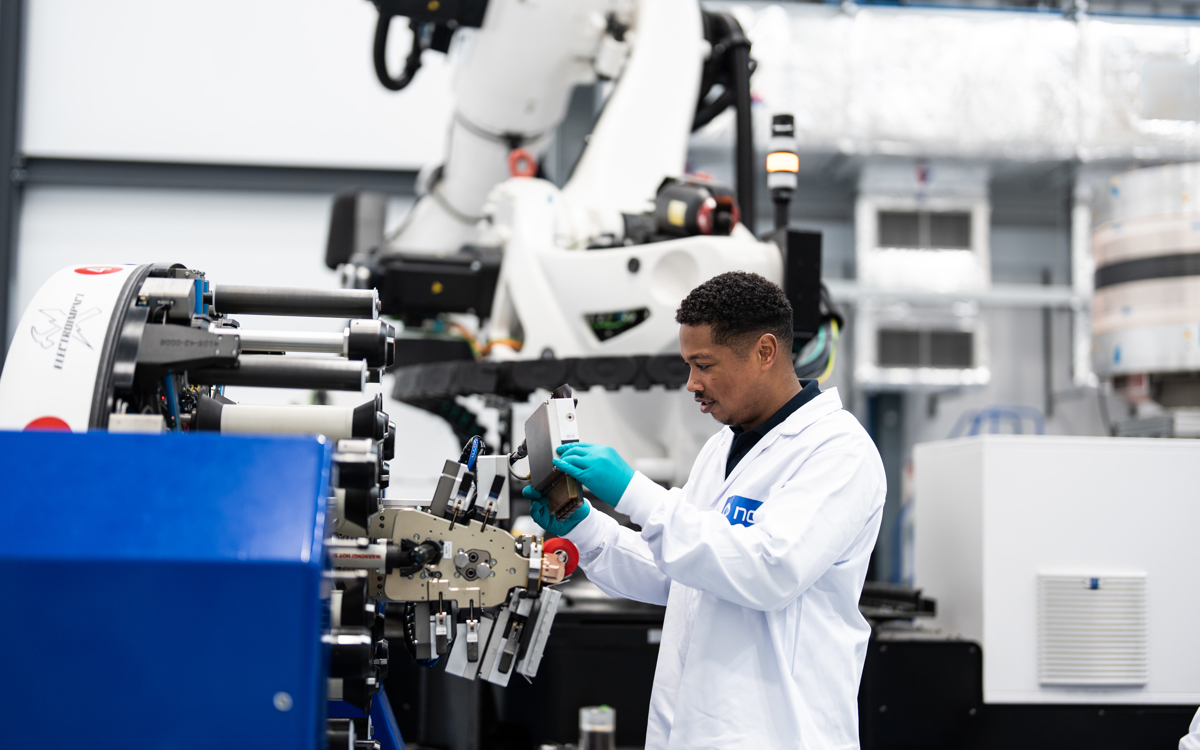
Technology
We connect technology strategy to real-world delivery through our end-to-end engineering services
NCC provides a gateway to world-class technology expertise and facilities.
This includes being the national Centre of Excellence for composite technologies, with a proven track record of innovation, world leading capabilities, and deep expertise in composite materials and manufacturing.
We believe the UK’s most successful manufacturing ecosystems are anchored in product and technology leadership. We use our end-to-end engineering services to connect that technology leadership to real-world delivery.
Our Technology Strategy sets out how NCC will stay at the cutting edge, building on our strengths and expanding our capabilities to deliver impact for UK industry.

Download our Technology Strategy
Read our Technology Strategy to learn which areas we're focusing on across materials, product, process and growth initiatives.
Our technology portfolio is grouped into 4 categories and 11 themes. These building blocks help us generate the ideas, tools, and methods which are essential to deliver innovation and industrial impact for our customers and partners.
New technologies and capabilities will transform the way we design, manufacture, and test new products and processes.
Lead growth sectors
To deliver technology innovation that matters, we build our capabilities around
the needs of industrial sectors. This ensures our work remains focused, relevant, and aligned with our Strategic Delivery Plan.




























